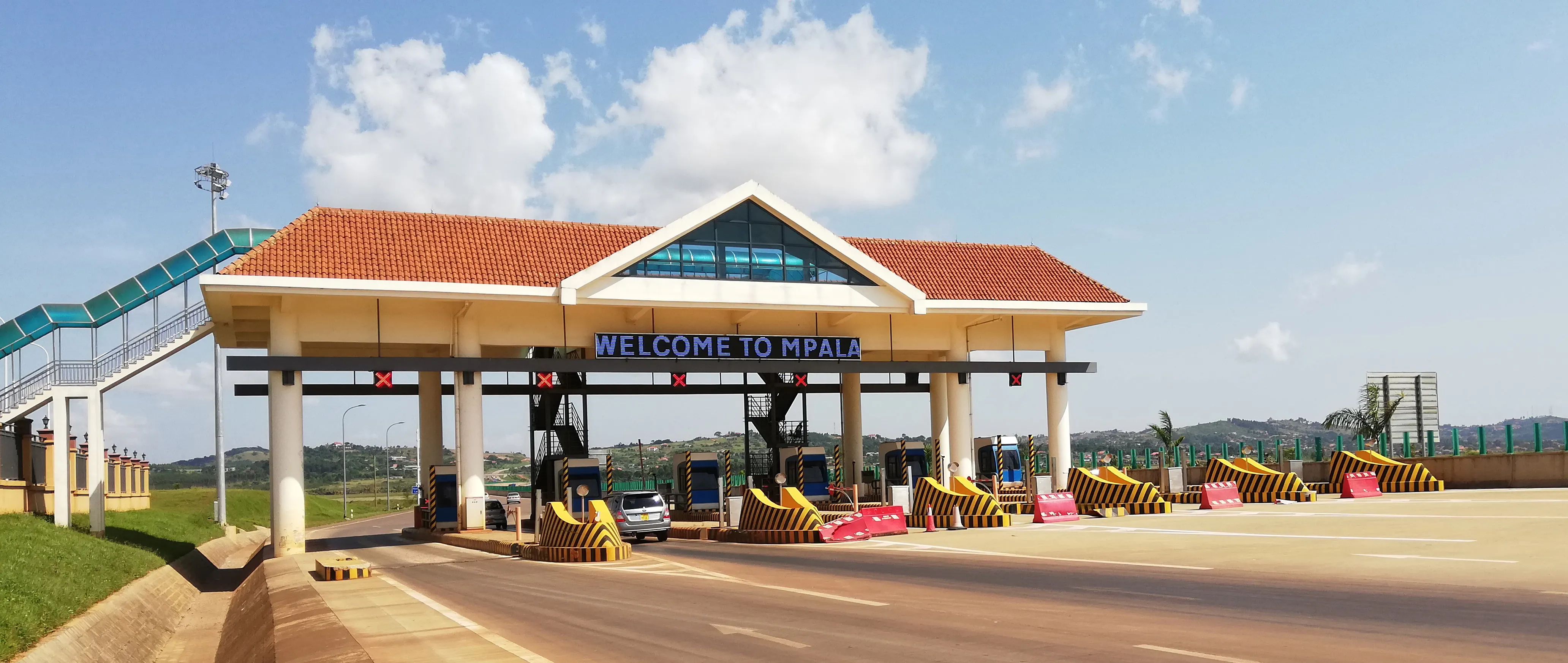
Egis been awarded a contract by the Uganda National Roads Authority (UNRA) to operate and maintain the greenfield section of the Kampala-Entebbe Expressway.
The expressway links the capital to its international airport and forms part of an overall strategy to decongest the Greater Kampala Metropolitan area.
This 2x2 lanes expressway with a total length of 26.2 km includes three toll plazas at each entrance and 17 toll lanes.
Egis will be in charge of installation of the street lighting, supply of toll and traffic equipment, operation, maintenance and toll collection for five years, with a possible extension of two years. The Ugandan government will remain responsible for the tariff policy.
Egis says the installation of additional safety equipment and lighting along the expressway will provide drivers with optimal driving conditions while neighbouring communities will profit from increased economic activity.
As part of the deal, Egis is to employ around 130 people directly or through subcontracting to local companies.









